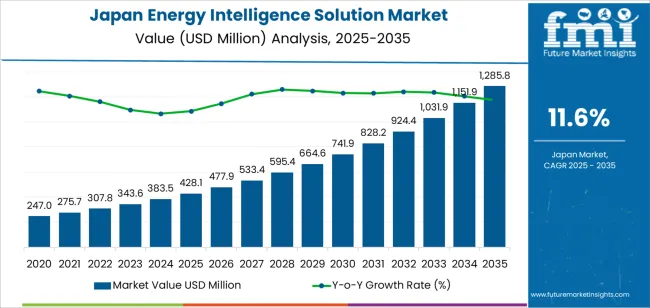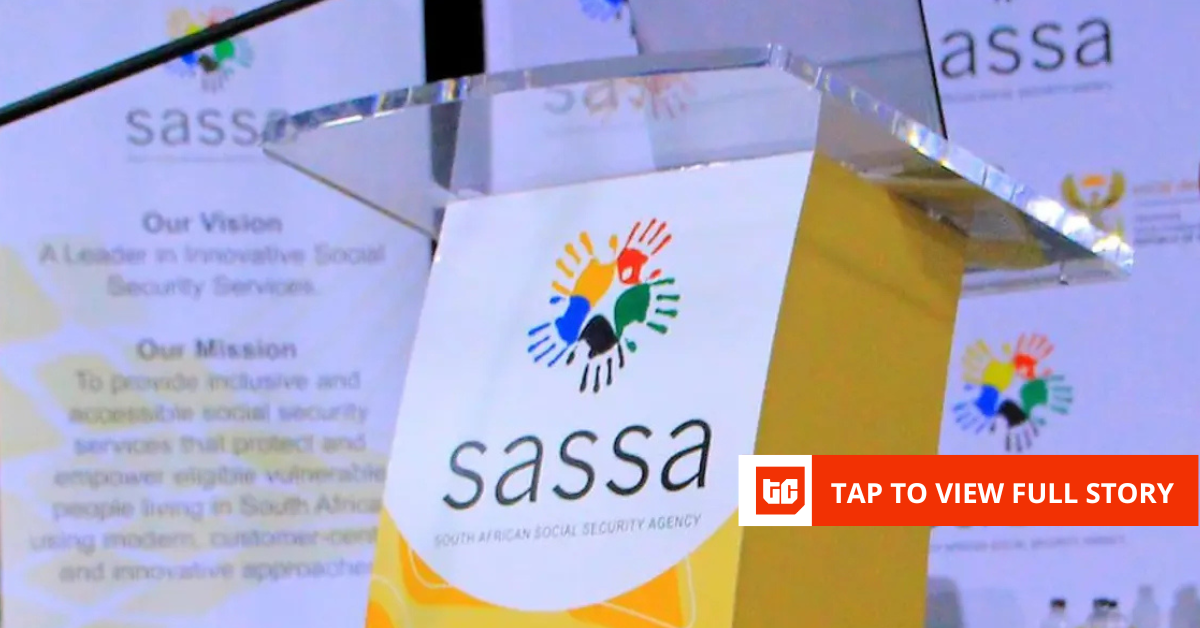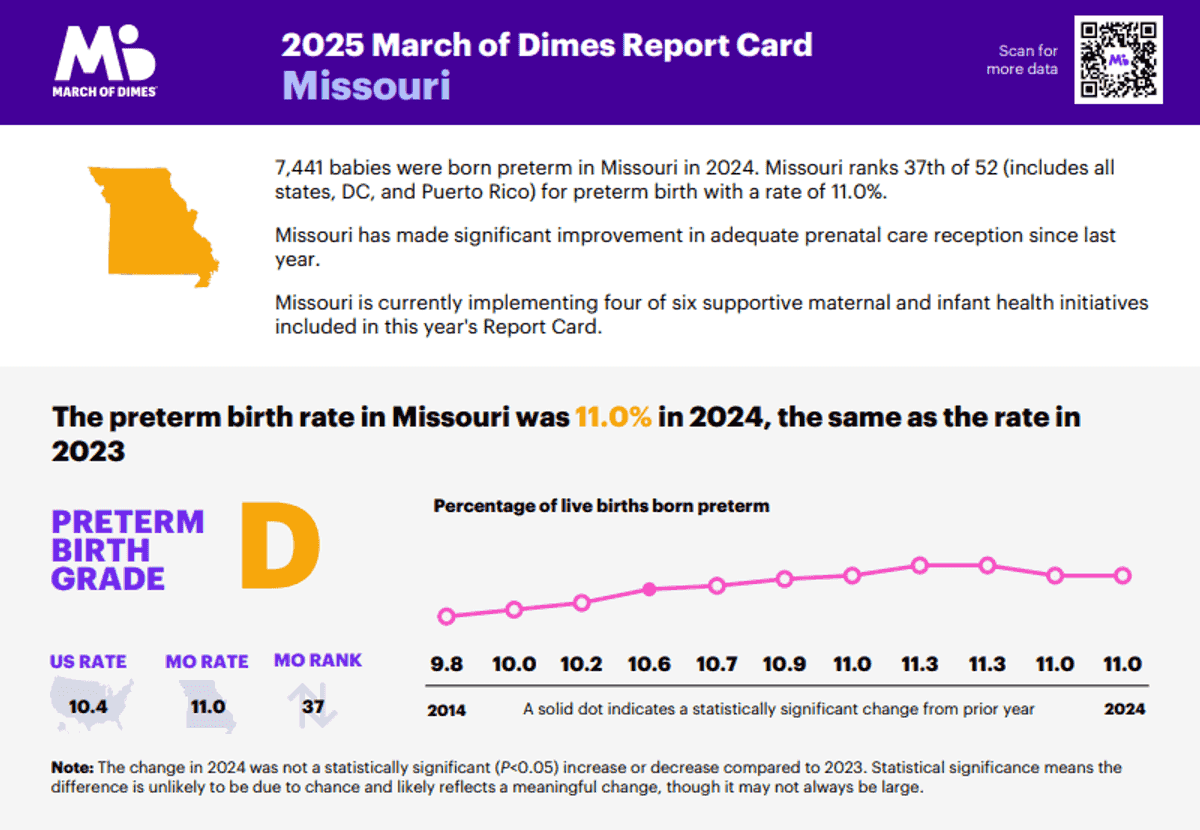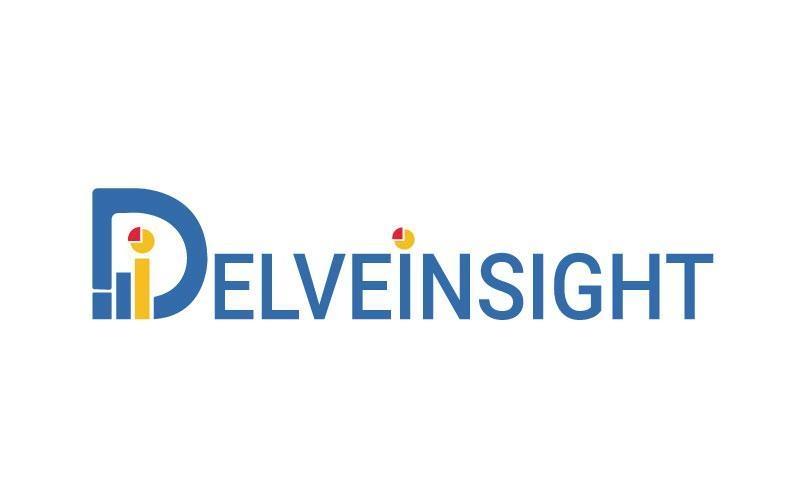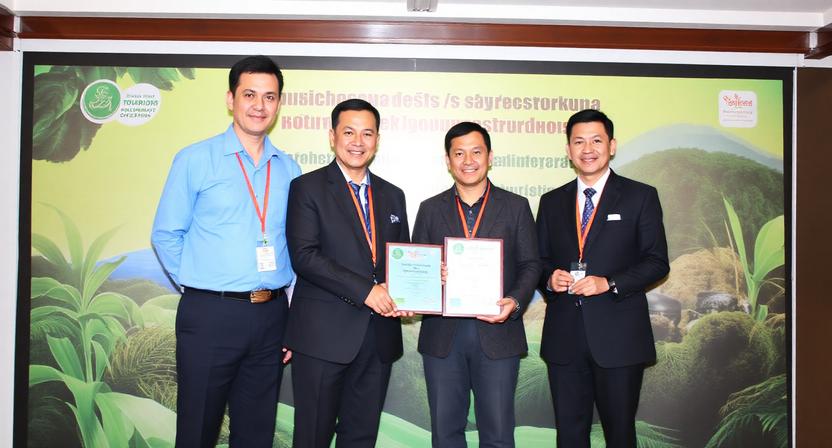Catch ’em all but dump the fries. Pokémon fans leave McDonald’s Japan in massive food waste drama – CNN

Report on Corporate Promotion and its Conflict with Sustainable Development Goals
Incident Overview: McDonald’s Japan Pokémon Promotion
A promotional campaign by McDonald’s Japan, in partnership with Pokémon, resulted in significant negative externalities, most notably large-scale food waste. The campaign, which offered limited-edition Pokémon cards with the purchase of a Happy Meal, was terminated prematurely due to overwhelming demand driven by resellers.
- Promotion Details: A limited, three-day event offering exclusive Pokémon cards with Happy Meal purchases.
- Consumer Behavior: Customers engaged in bulk purchasing of meals with the sole intent of acquiring the collectible cards for resale at a significant markup. A meal costing approximately $3.50 contained a card being resold for as much as $28.
- Immediate Consequence: Widespread disposal of untouched food items on public sidewalks and within restaurant premises, creating a public sanitation issue and prompting a public outcry.
Impact on Sustainable Development Goals (SDGs)
The incident highlights a severe misalignment between corporate marketing strategies and the principles of the United Nations Sustainable Development Goals. The primary areas of concern are:
-
SDG 12: Responsible Consumption and Production
The promotion actively encouraged a pattern of irresponsible consumption. The resulting food waste is in direct opposition to SDG Target 12.3, which aims to “by 2030, halve per capita global food waste at the retail and consumer levels.” The business model incentivized the treatment of food as a disposable byproduct rather than a valuable resource.
-
SDG 2: Zero Hunger
While not directly causing hunger, the act of discarding vast quantities of edible food is ethically inconsistent with the global objective of achieving Zero Hunger (SDG 2). It demonstrates a profound disconnect from the value of food resources in a world where millions face food insecurity.
-
SDG 11: Sustainable Cities and Communities
The dumping of waste on public streets directly undermines SDG Target 11.6, which calls for reducing the adverse per capita environmental impact of cities, including by paying special attention to municipal waste management. The incident created a public nuisance and placed an unnecessary burden on municipal cleaning services, contrasting sharply with Japan’s reputation for public cleanliness.
Corporate Response and Future Implications
In response to public criticism, McDonald’s Japan issued a statement acknowledging the issue and its insufficient response. The corporation stated that it “does not tolerate the purchase of Happy Meals for resale or the abandonment or disposal of food.”
Key Commitments and Recommendations
- Action Against Resellers: McDonald’s Japan has committed to working with third-party websites to curtail the resale of promotional items at inflated prices.
- Future Strategy: This event serves as a critical case study for corporations on the importance of aligning promotional activities with corporate social responsibility and sustainability principles.
- Recommendations for SDG Alignment: Future campaigns should consider implementing mechanisms to prevent such waste, such as purchase limits, offering the promotional item for separate purchase, or partnering with food donation organizations to manage surplus. This would demonstrate a tangible commitment to SDG 12 and SDG 17 (Partnerships for the Goals).
Sustainable Development Goals (SDGs) Analysis
1. Which SDGs are addressed or connected to the issues highlighted in the article?
-
SDG 12: Responsible Consumption and Production
- The article’s central theme is the massive food waste resulting from a marketing promotion. Customers purchased meals in bulk not for consumption, but to acquire collectible cards for resale, directly contradicting the principles of responsible consumption. The text explicitly mentions “public outcries of food wastage” and describes “Piles of untouched Happy Meals littered sidewalks” and customers “discarding the food entirely.” This highlights unsustainable consumption patterns and the resulting waste generation.
-
SDG 11: Sustainable Cities and Communities
- The consequences of the food waste directly impact the urban environment. The article notes that Japan is “typically known as a model of cleanliness,” but the event led to “images of piles of rubbish” and “Happy Meals littered sidewalks.” This relates to the challenge of managing waste and maintaining clean and sustainable public spaces within cities.
-
SDG 17: Partnerships for the Goals
- In response to the issue, McDonald’s Japan stated it “will work with third-party websites to stop scalpers from ratcheting up the price of the collectible cards.” This points to the need for partnerships between private sector companies (McDonald’s) and other entities (e-commerce websites) to address the negative social and environmental consequences of their business practices and achieve sustainability goals.
2. What specific targets under those SDGs can be identified based on the article’s content?
-
Under SDG 12 (Responsible Consumption and Production):
- Target 12.3: By 2030, halve per capita global food waste at the retail and consumer levels. The article provides a clear example of consumer-level food waste, where customers are “discarding the food entirely” immediately after purchase.
- Target 12.5: By 2030, substantially reduce waste generation through prevention, reduction, recycling and reuse. The promotional event directly caused a significant increase in waste generation, as “customers bought bulk orders” with no intention of consuming the food, directly opposing the goal of waste prevention and reduction.
- Target 12.6: Encourage companies, especially large and transnational companies, to adopt sustainable practices. The article highlights a corporate practice that proved to be unsustainable. The public outcry and the company’s subsequent statement that it “does not tolerate the… disposal of food” and that its “response was insufficient” reflect the societal pressure on corporations to adopt more responsible and sustainable promotional strategies.
-
Under SDG 11 (Sustainable Cities and Communities):
- Target 11.6: By 2030, reduce the adverse per capita environmental impact of cities, including by paying special attention to… municipal and other waste management. The “piles of rubbish” and food “dumped outside a restaurant” represent a failure in immediate waste management and contribute to the environmental degradation of the urban space.
-
Under SDG 17 (Partnerships for the Goals):
- Target 17.17: Encourage and promote effective public, public-private and civil society partnerships. The statement by McDonald’s Japan that it “will work with third-party websites to stop scalpers” is a direct reference to forming a private-private partnership to tackle an issue with broader societal implications.
3. Are there any indicators mentioned or implied in the article that can be used to measure progress towards the identified targets?
-
For SDG 12 Targets:
- Indicator for Target 12.3 (Food Waste): While no specific metric is given, the article implies a qualitative indicator of a sudden, massive increase in food waste. This could be measured by the “number or volume of discarded Happy Meals.” The phrases “Piles of untouched Happy Meals” and “dozens of bags of Happy Meals dumped” suggest a measurable quantity of waste generated over a short period.
- Indicator for Target 12.5 (Waste Generation): An implied indicator is the “ratio of meals purchased for resale versus for consumption.” The article suggests this ratio was extremely high, as customers “bought bulk orders” solely for the cards. A reduction in this behavior would indicate progress.
-
For SDG 11 Target:
- Indicator for Target 11.6 (Waste Management): The article implies an indicator related to the “amount of unmanaged solid waste in public spaces.” The visual evidence of “littered sidewalks” and “piles of rubbish” serves as a direct, albeit non-numerical, indicator of a breakdown in waste management protocols during this event.
-
For SDG 17 Target:
- Indicator for Target 17.17 (Partnerships): The article points to a clear indicator: the “establishment of formal partnerships between McDonald’s and third-party websites.” The success of this partnership could be measured by a decrease in the number of listings for the promotional items on these sites, as mentioned in the article’s reference to “scalpers… ratcheting up the price.”
4. Summary Table of SDGs, Targets, and Indicators
| SDGs, Targets and Indicators | Targets | Indicators |
|---|---|---|
| SDG 12: Responsible Consumption and Production | 12.3: Halve per capita global food waste at the retail and consumer levels. | Implied: Volume of discarded meals (“Piles of untouched Happy Meals”). |
| 12.5: Substantially reduce waste generation. | Implied: Ratio of meals purchased for resale vs. consumption. | |
| 12.6: Encourage companies to adopt sustainable practices. | Implied: Adoption of sustainable promotional policies by the company. | |
| SDG 11: Sustainable Cities and Communities | 11.6: Reduce the adverse per capita environmental impact of cities, including waste management. | Implied: Amount of unmanaged waste in public spaces (“littered sidewalks,” “piles of rubbish”). |
| SDG 17: Partnerships for the Goals | 17.17: Encourage and promote effective public-private partnerships. | Mentioned: Establishment of partnerships between McDonald’s and third-party websites to stop scalping. |
Source: cnn.com

What is Your Reaction?
 Like
0
Like
0
 Dislike
0
Dislike
0
 Love
0
Love
0
 Funny
0
Funny
0
 Angry
0
Angry
0
 Sad
0
Sad
0
 Wow
0
Wow
0










/campaigns/16-days-of-activism-against-gender-based-violence/pr-web-banner.tmb-1200v.jpg?sfvrsn=8cc7b98e_1#)














